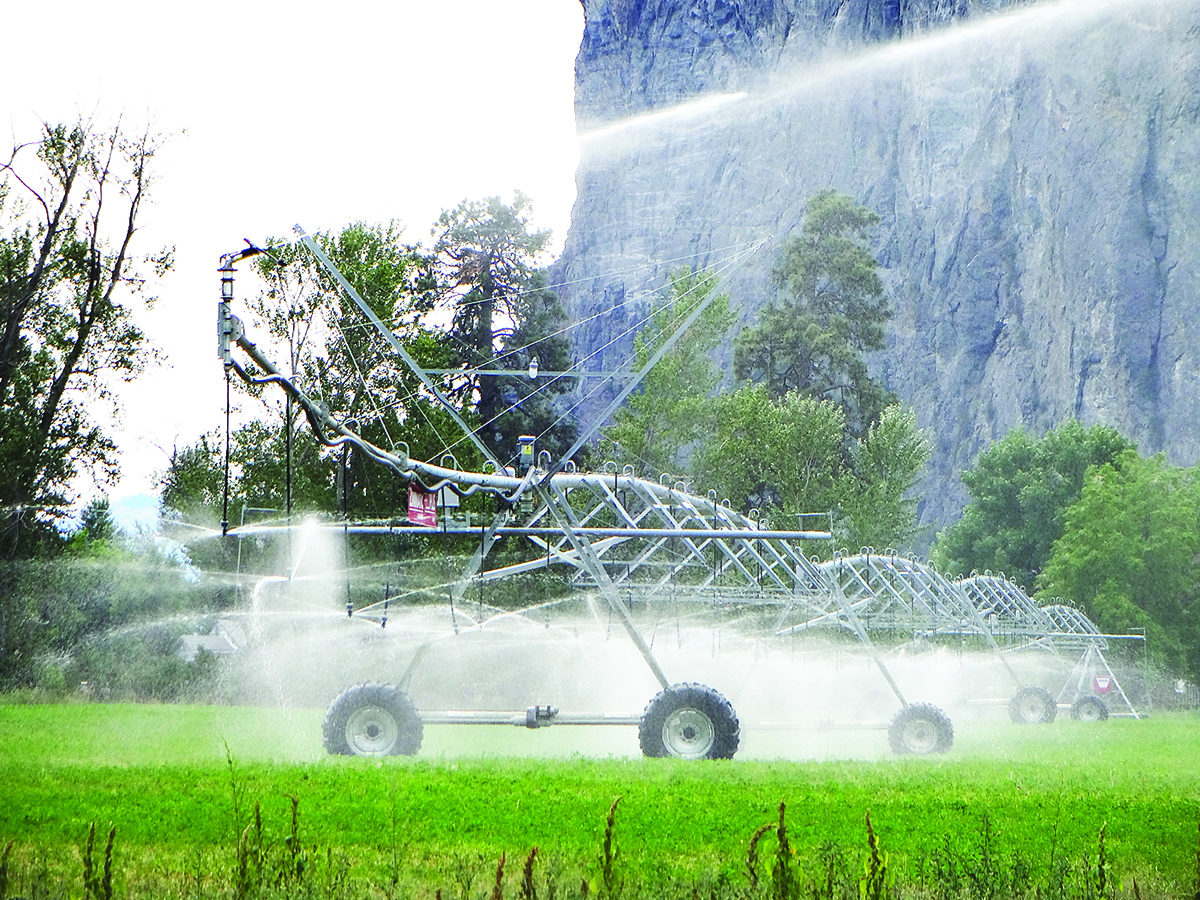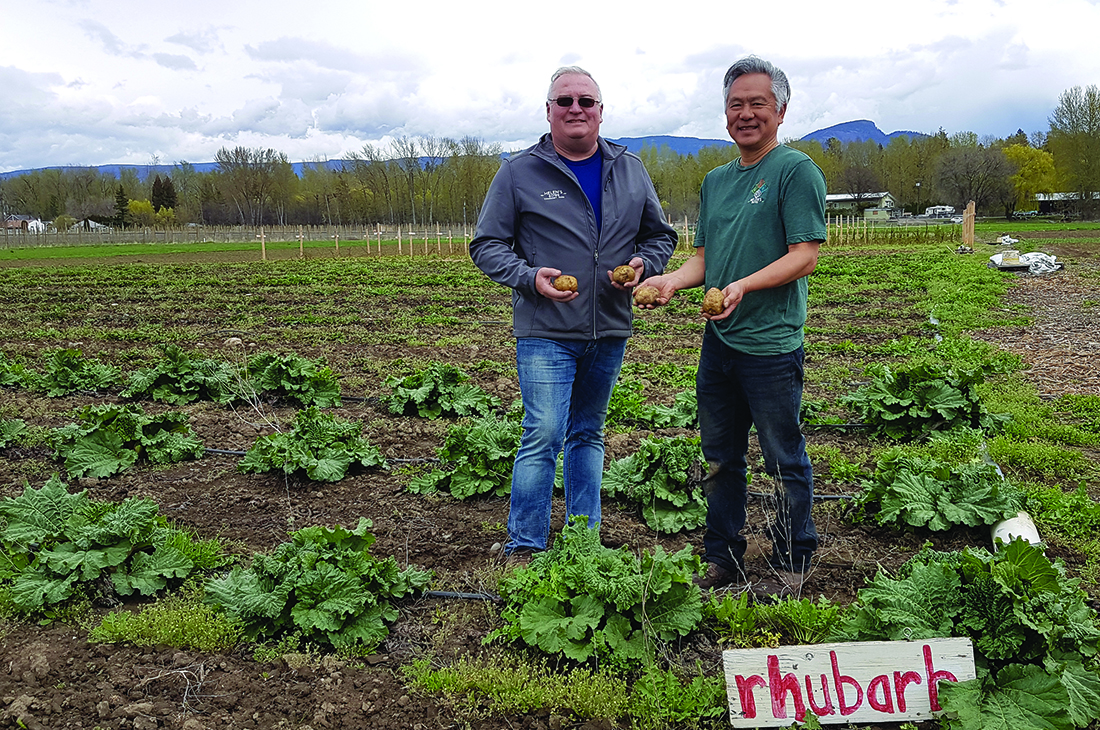A rancher in Charlie Lake is questioning why farmers must pay to access groundwater when short-term use of groundwater is exempt.
Mark Meiers of MT Ranch near Fort St. John notes that the province’s Water Sustainability Act allows users to apply for a short-term permit. Such permits grant the holders a right “to divert or use water from a stream or an aquifer for a term not exceeding 24 months.”
Such permits allow the oil and gas sector to access millions of gallons of water free of charge, Meiers contends, something the average farmer for whom working the land is a way of life can’t do. Indeed, owners of existing wells who register with the province are liable for fees on extractions back to 2016, when the Water Sustainability Act took effect.
Meiers draws water for his livestock, and after registering his wells and seeking licences, he was stuck with a bill for $729.85.
“Anyone that is procrastinating on registering their water use, be warned,” he says. “You will be charged retroactively to 2016 even if you wait 10 years to register.”
Meiers concerns underscore the ongoing issues landowners have with the province’s efforts to introduce a first-in-time/first-in-right water management regime in BC. Difficulties have dogged the registration and licensing process since 2016, prompting the government to extend the deadline for registering existing wells at no cost three times. The latest deadline for obtaining a licence at no cost is March 1, 2022.
However, fees on water use will be owing from February 29, 2016.
Staff with the BC Ministry for Forests, Lands, Natural Resource Operations and Rural Development confirmed that basis for Meiers’ concern.
“The Oil and Gas Commission has the authority to issue use approvals under section 10 of the Oil and Gas Activities Act when the use is associated with Oil and Gas Activities Act permit,” it told Country Life in BC. “Holders of these permits are exempt from fees and rentals under the Water Sustainability Act.”
Ministry staff noted that the fees oil and gas companies pay are higher than for other uses, including agriculture.
Moreover, ministry staff typically recommend that oil and gas companies obtain a licence if they plan to draw heavily from a single source, or for repeated two-year terms.
“Since the Oil and Gas Commission received authority to grant water licences in 2014, the proportion of water used by oil and gas companies under licences has consistently increased while the proportion under short term approvals has correspondingly decreased,” staff said. “The majority of the water used for oil and gas purposes in each year since 2012 has been sourced from water licences.”


 Innovation challenge relaunched
Innovation challenge relaunched